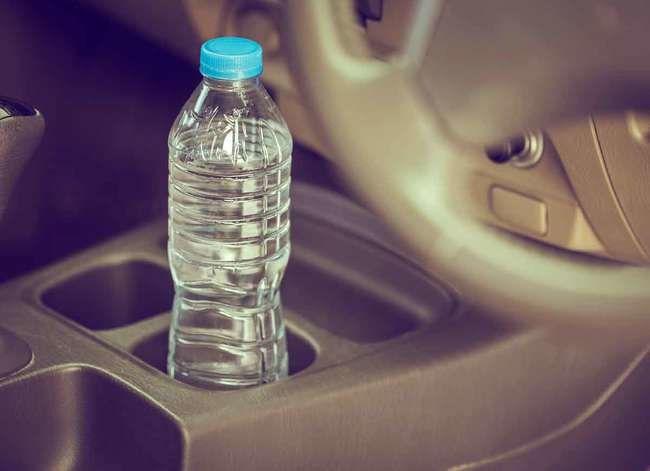We may earn revenue from the products available on this page and participate in affiliate programs. Learn More ›
Electronics
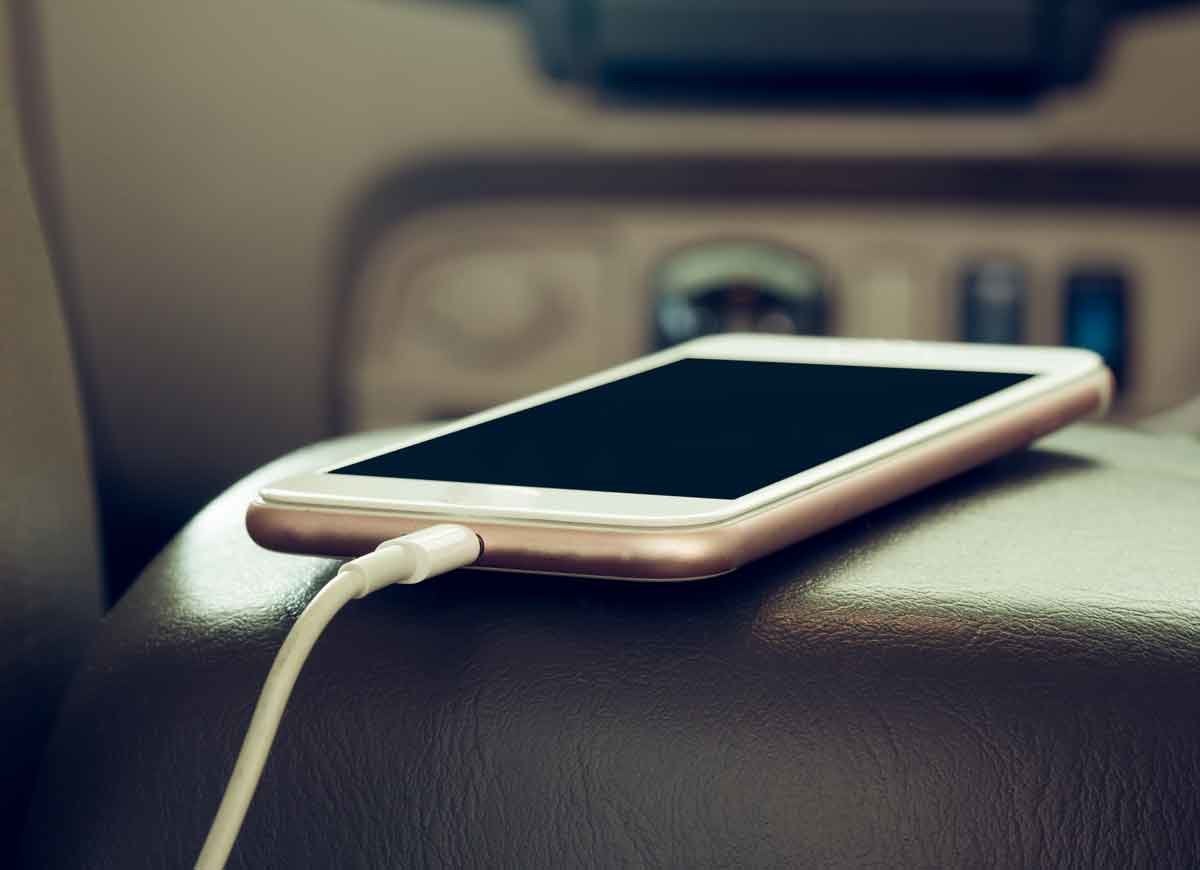
Hiding electronics may fool thieves, but it won’t prevent heat damage. Prolonged exposure to high temperatures can negatively affect the mechanisms of your phone, laptop, camera, and USB drive. If you must store gadgets in your vehicle, keep them in padded cases out of direct sunlight. They should be fine as long as temperatures stay below 90 degrees Fahrenheit.
Water Bottles
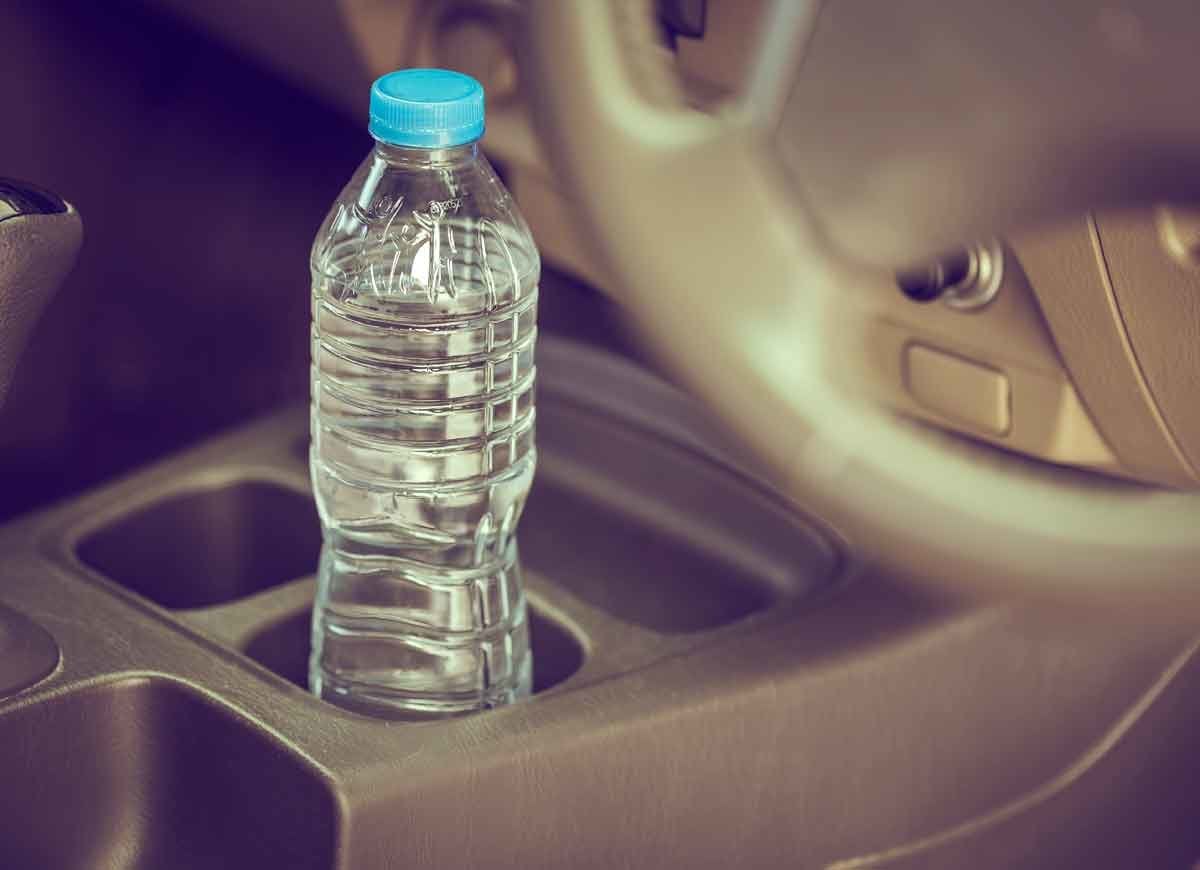
There are several reasons it’s risky to let plastic water bottles get hot. First, high temperatures cause bacteria to grow exponentially around the opening of a bottle that someone’s been drinking from. Second, plastic bottles are known fire-starters, because water can magnify sunlight until it becomes intense enough to spark a flame. Finally, heat can leach BPA, an estrogen-mimicking pollutant, from some plastic bottles in small amounts. Over time, drinking BPA-contaminated water could lead to hormonal imbalances, cancer, and other health issues.
Sunscreen
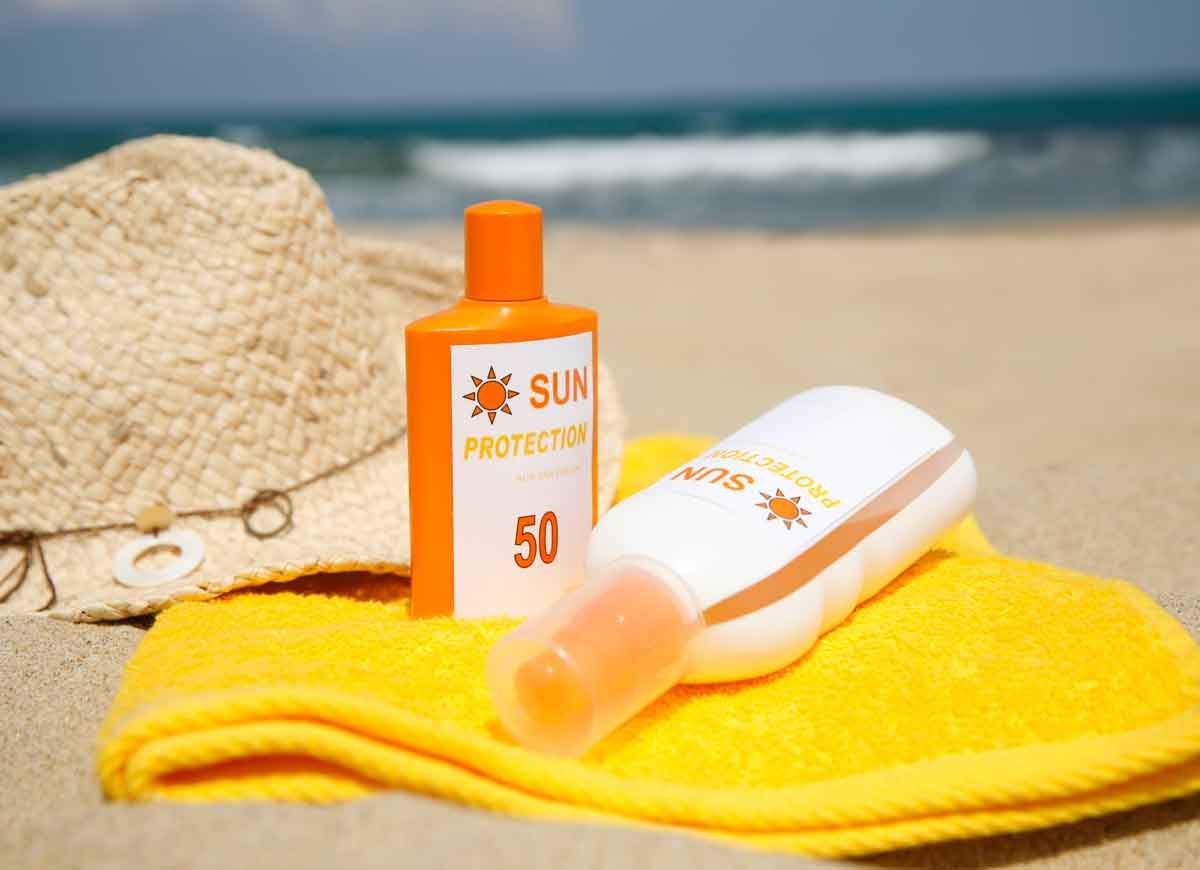
Most sunscreens become unstable and lose effectiveness at high temperatures, so it’s best to toss that half-used bottle sitting in your glove compartment.
Related: 13 Hacks Every Car Owner Should Know
Medications
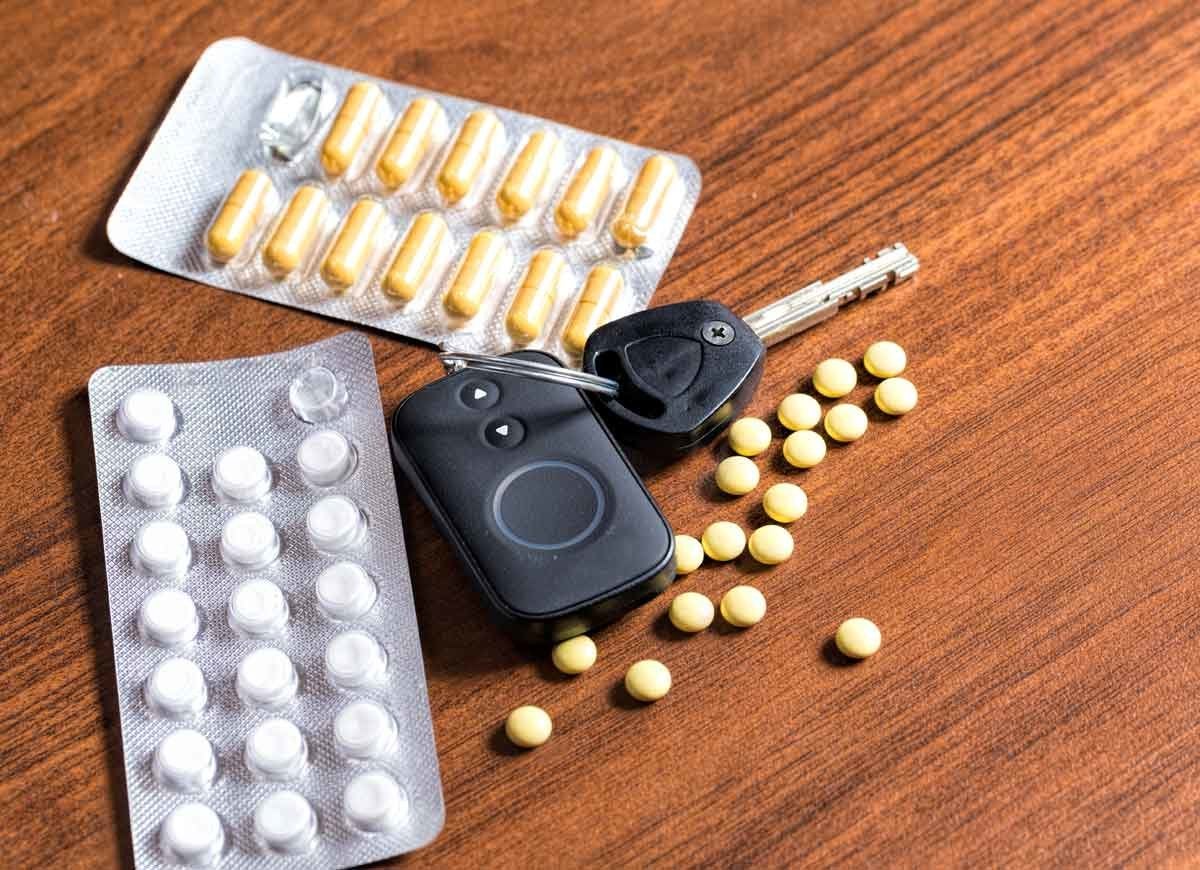
High humidity and temperatures above about 77 degrees Fahrenheit can decrease drug effectiveness. If excessive heat impacts a medication used for emergencies (like nitroglycerin tablets, which treat chest pain and heart attacks), a life-threatening situation could ensue. Keep important pills in a keychain medicine holder so you’ll always have them close at hand, and you’ll never leave them in the car.
Related: 10 Emergencies Every Homeowner Should Know How to Handle
Drinks
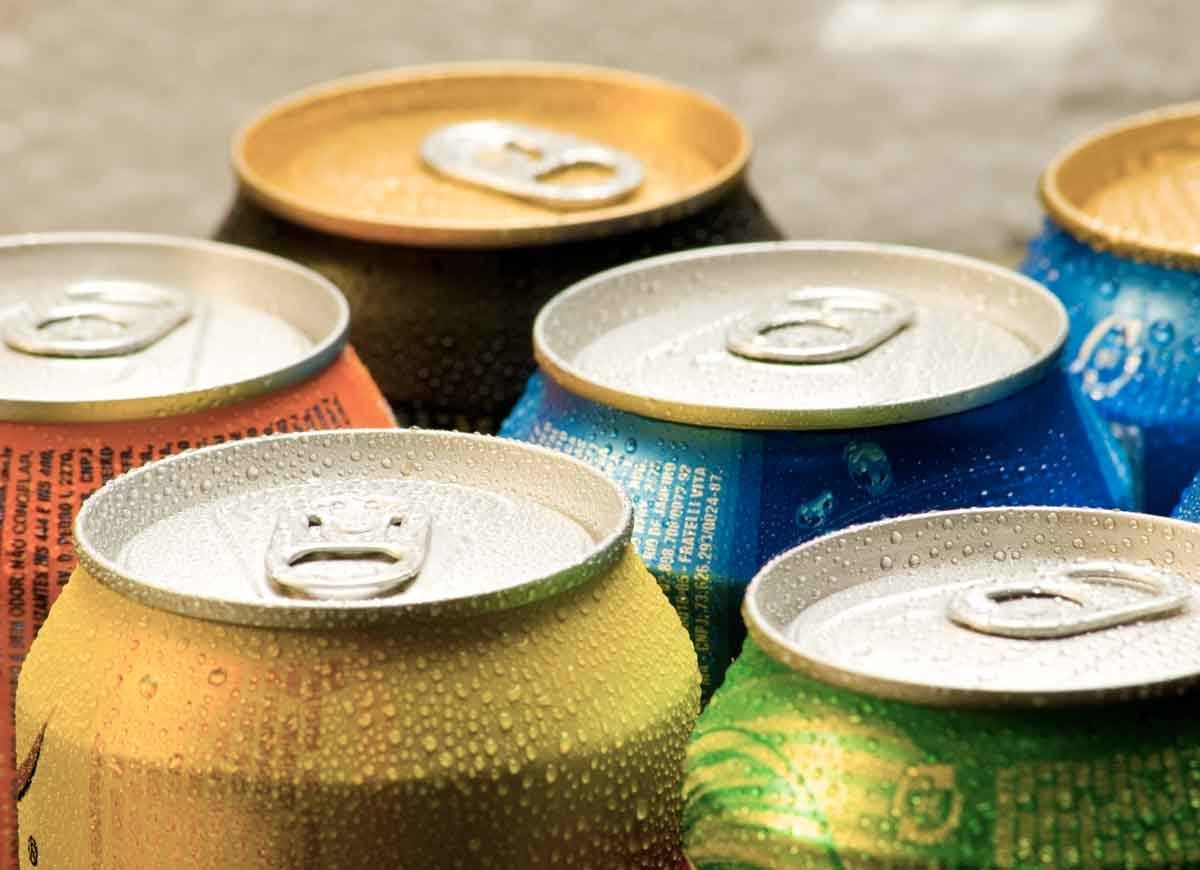
In sweltering cars, wine corks may pop in their bottle, causing the vino inside to go rancid. Additionally, heat may affect the flavor of soda, juice, alcohol, or other liquids after prolonged periods of time.
Food Items
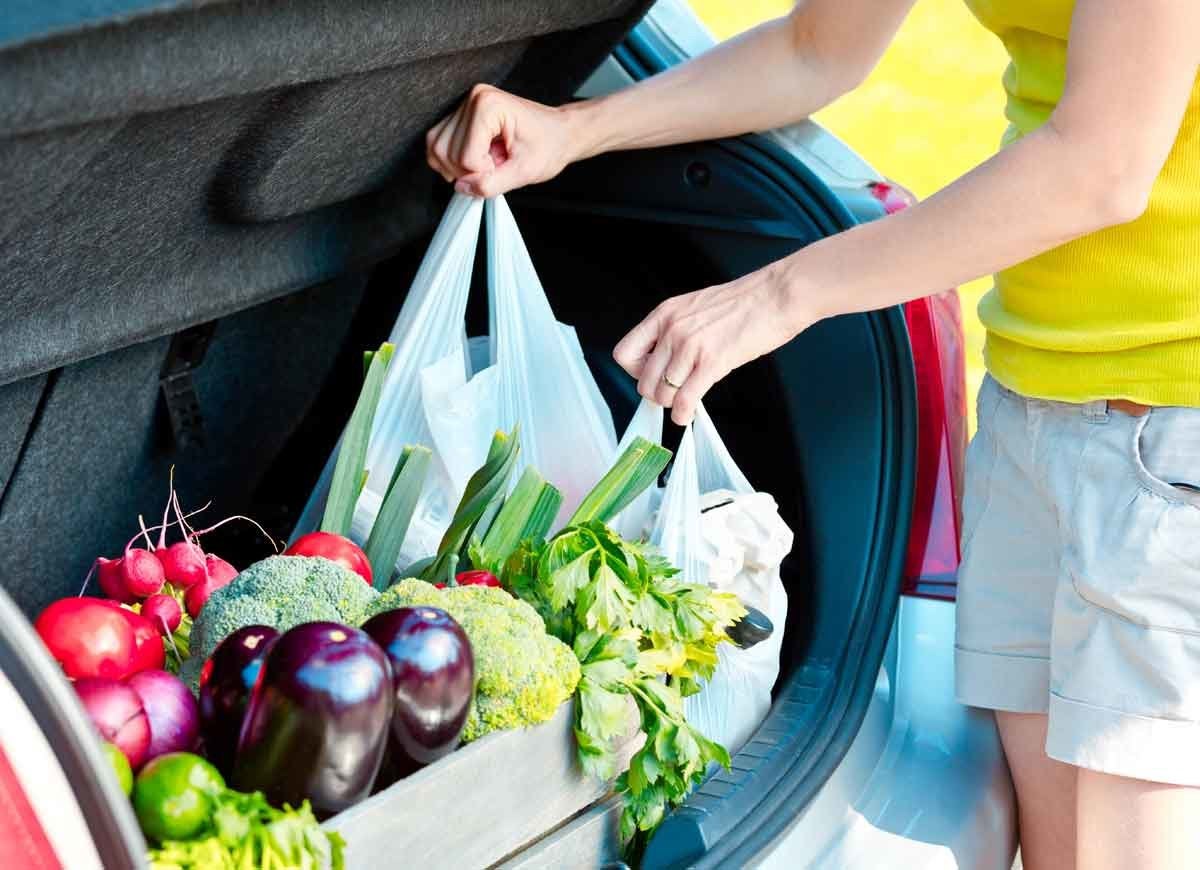
According to the Food and Drug Administration, refrigerated items like meat, seafood, and eggs shouldn’t be left out for more than two hours. If the temperature soars above 90 degrees, the time frame is decreased to one hour. Always properly store groceries to decrease the risk of food-borne illness.
Lighters
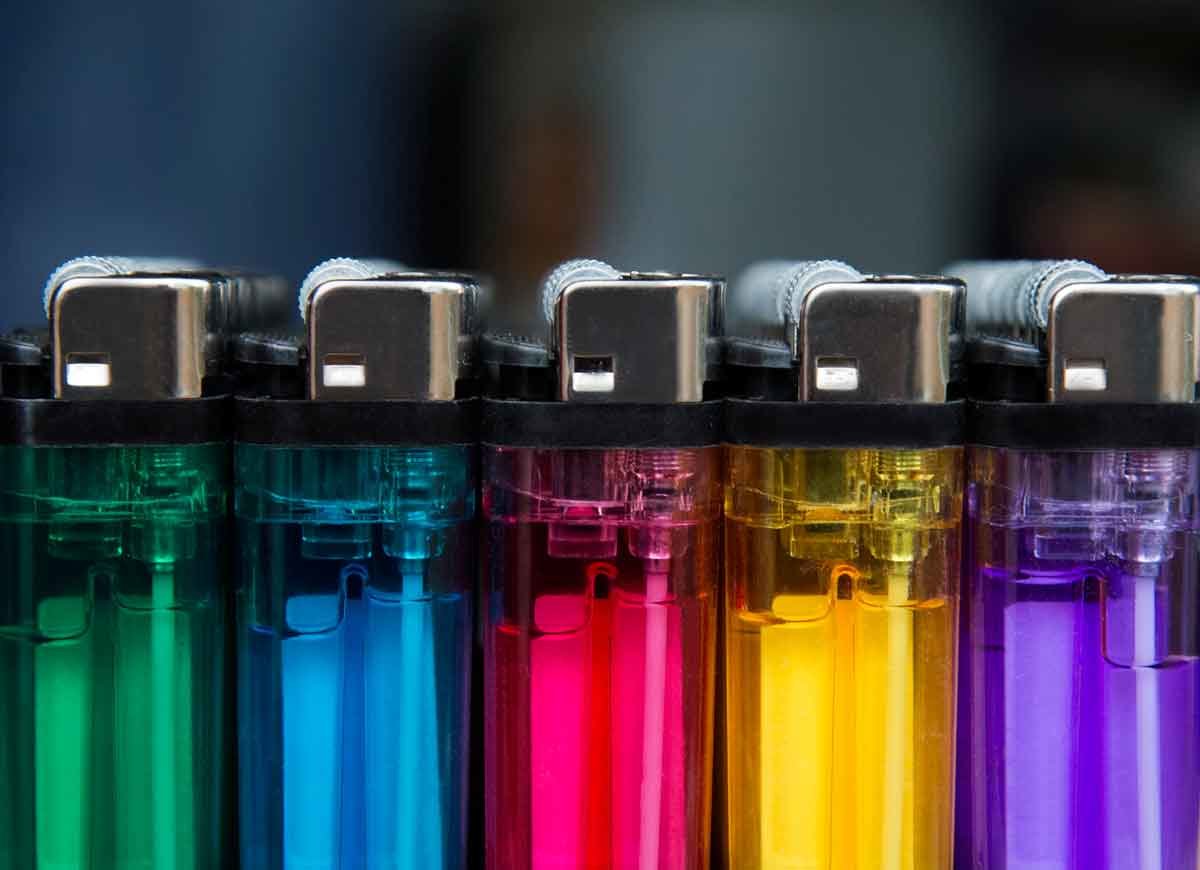
While temperatures must be extremely high for a lighter to explode, this is more likely to happen in the summer, when heat can cause chemicals to expand inside their containers. Remove all lighters from your vehicle before the next heat wave to prevent destructive fires.
Beach Gear
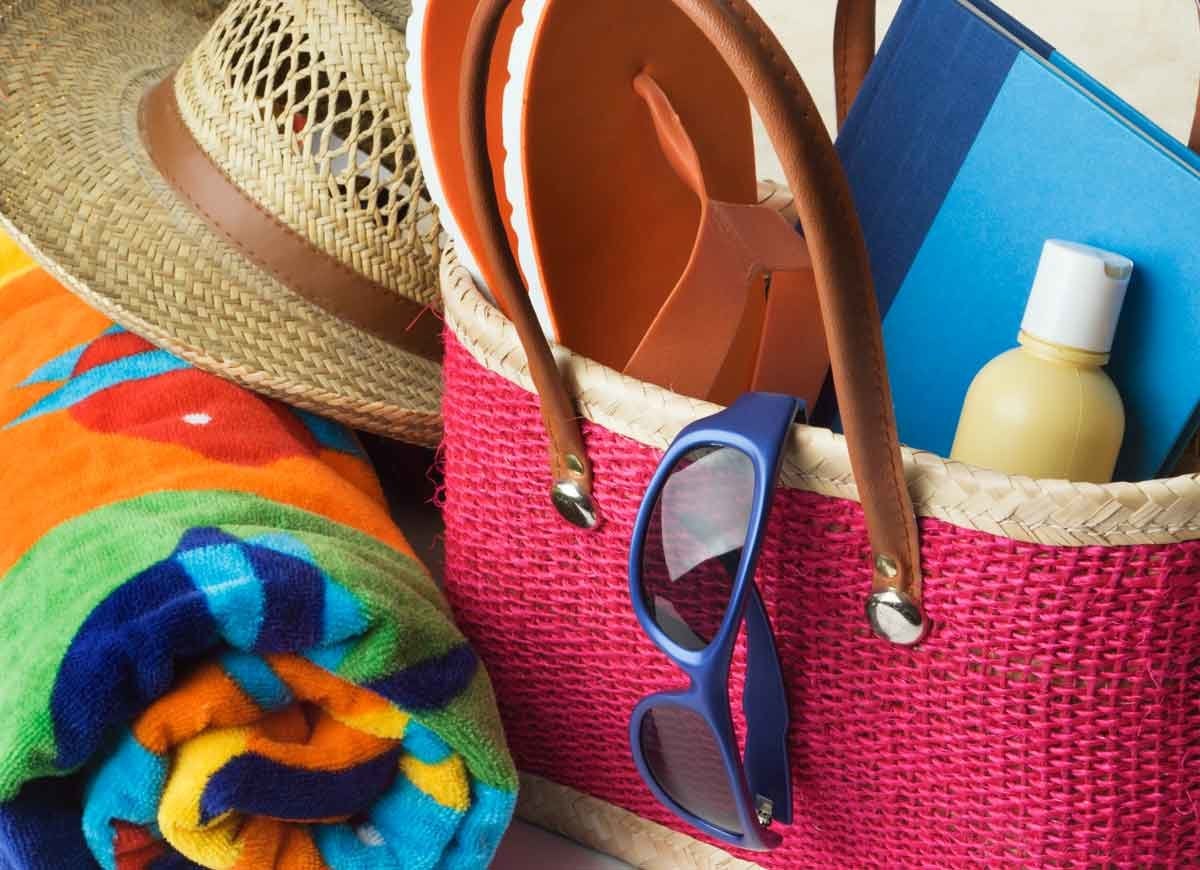
Planning a beach vacation? Unload your gear promptly when you reach your destination. Damp swimsuits and towels are a breeding ground for yeast and bacteria, which can cause urinary tract infections (UTIs). What’s more, plastic sunglasses can melt inside a hot car, and metal frames may become hot enough to scald.
Related: 7 Ways You’re Ruining Your Car
Plants
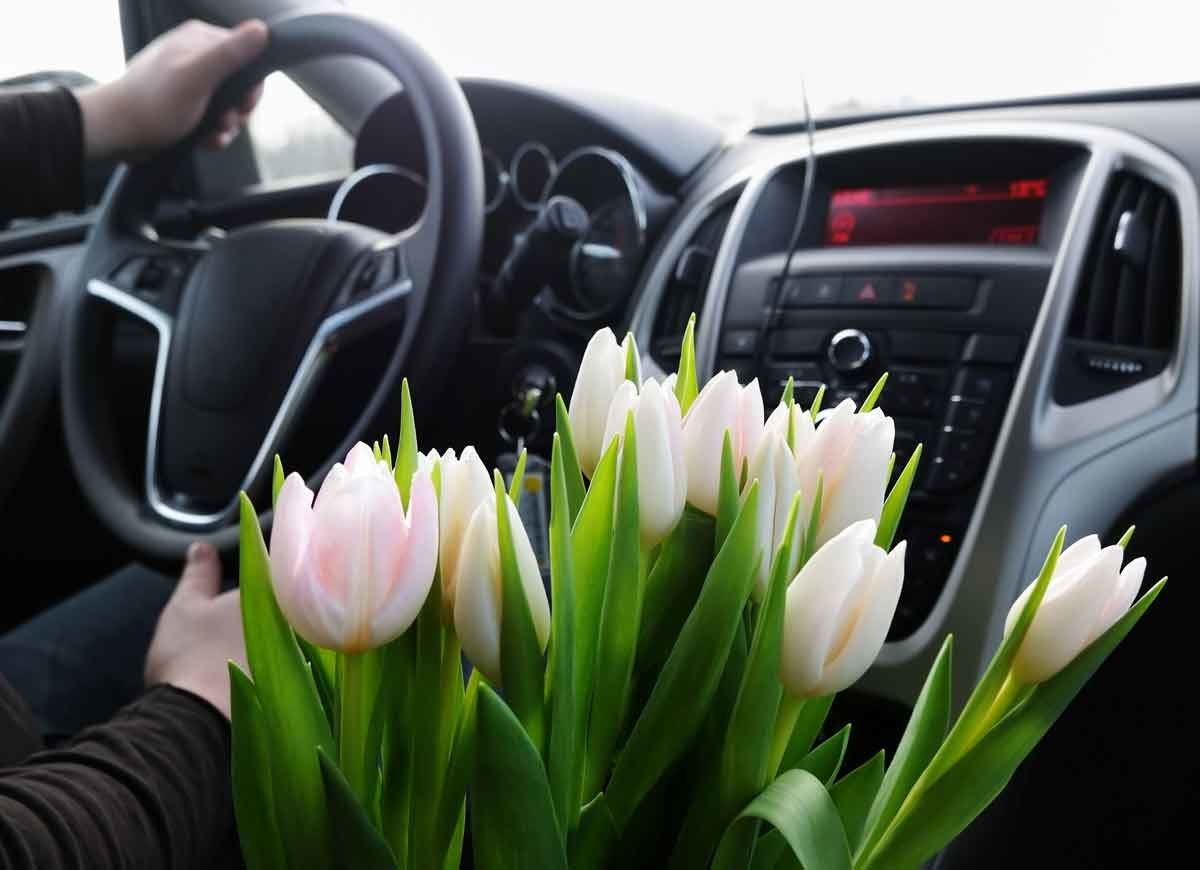
Transporting plants from the nursery to your garden can be a tricky endeavor, especially in sizzling heat that leaves them vulnerable to dehydration and stress. Never stash greenery in the trunk; instead, place plants in the backseat with the air conditioner turned on, and shade them with paper or a cardboard box.
Related: 14 Symptoms of an Unhappy Houseplant (and How You Can Treat Them)
Art Supplies
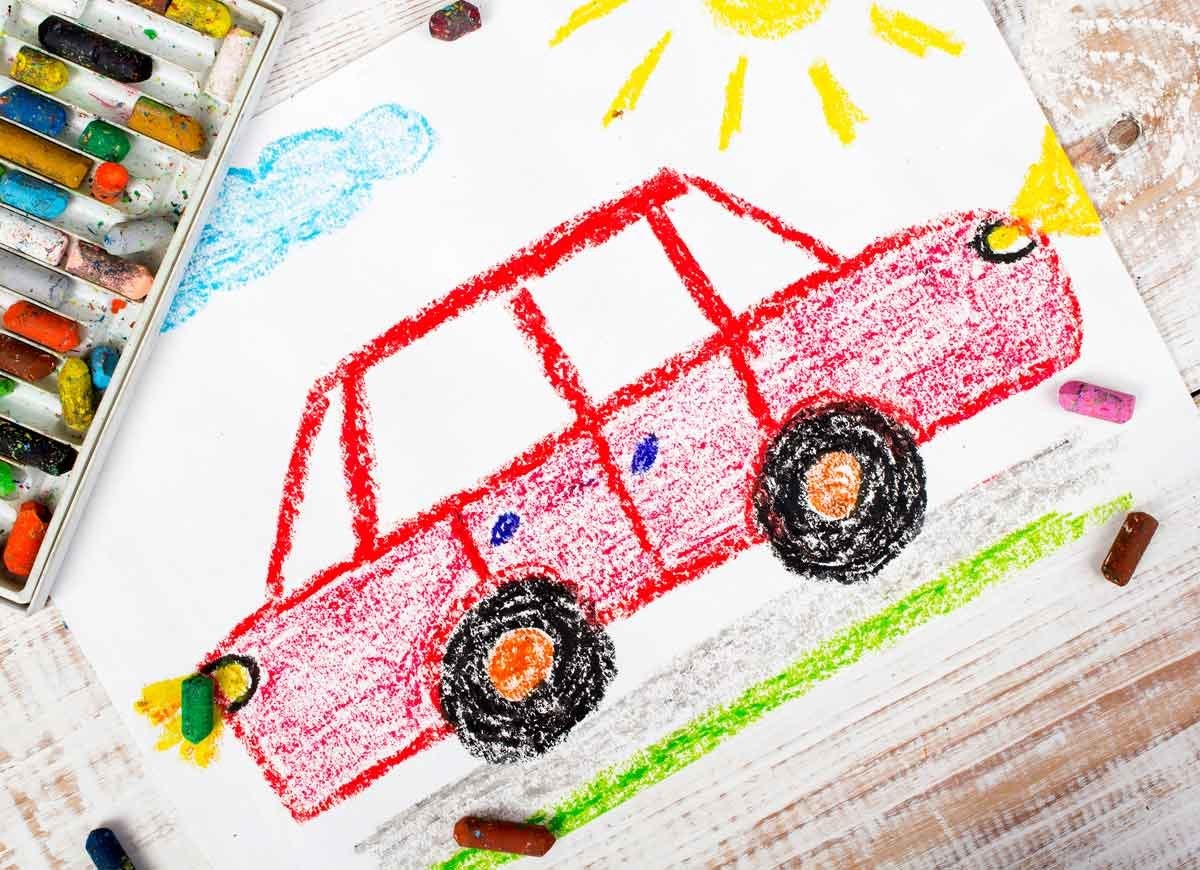
Crayons and pastels will soften and melt in temperatures above 100 degrees Fahrenheit, creating unintentional “art” on your upholstery. Additionally, spray paint and other aerosols may become overpressurized, potentially leading to explosions. Always transport pens in zip-lock bags to avert ink stains, and never stash paintings and children’s artwork in a hot car; they may smudge from the humidity.
Pet Food
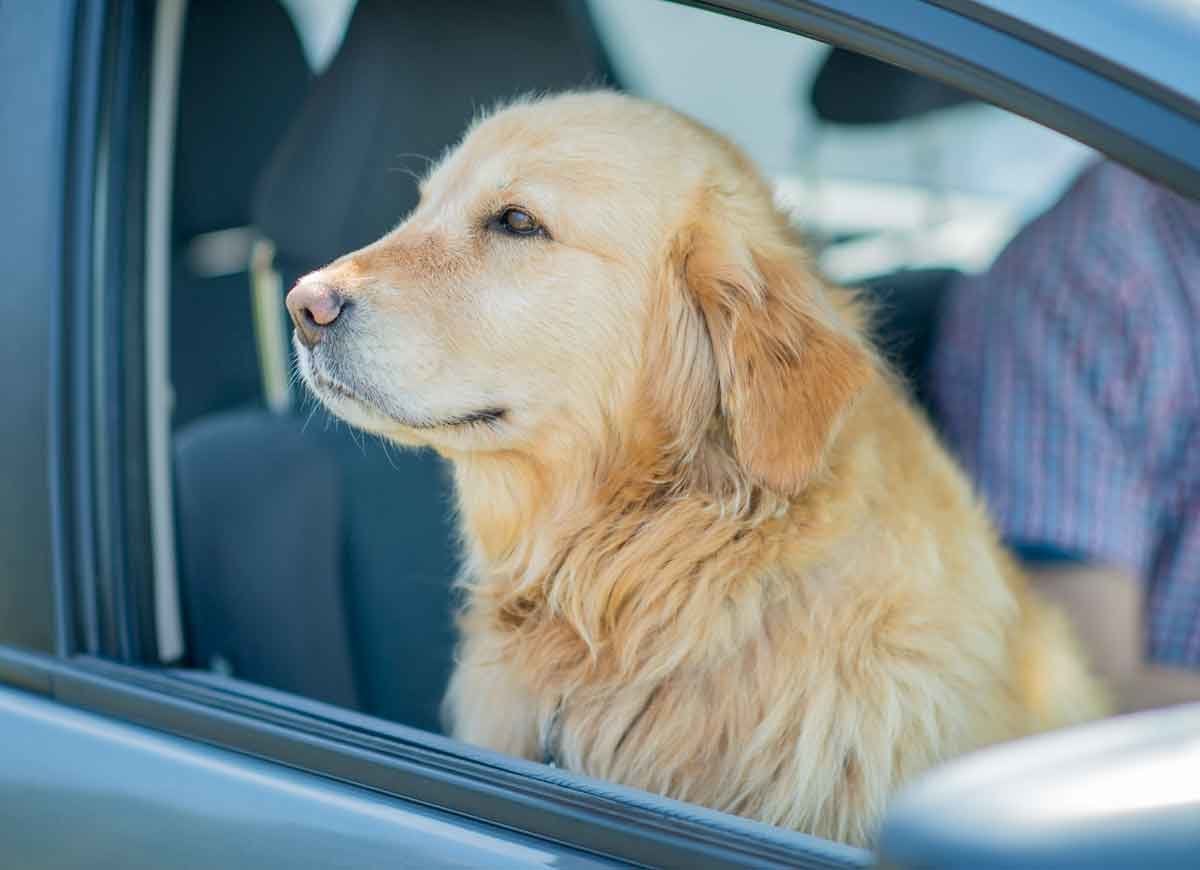
Just like human food, your four-legged friend’s dinner will change composition when exposed to summer’s heat, increasing the risk of food poisoning. Transport your pet’s groceries directly home from the store, and don’t stash treats in the glove compartment.
Flashlights

After sitting in a scorching-hot vehicle, batteries (including those inside electronic devices) may suffer from leakage, loss of power, and rupture. That’s why you should think twice about keeping a battery-powered flashlight in your car during the summer.
Related: Best Car Accessories: 19 Gadgets Your Ride Really Needs
Melting Point
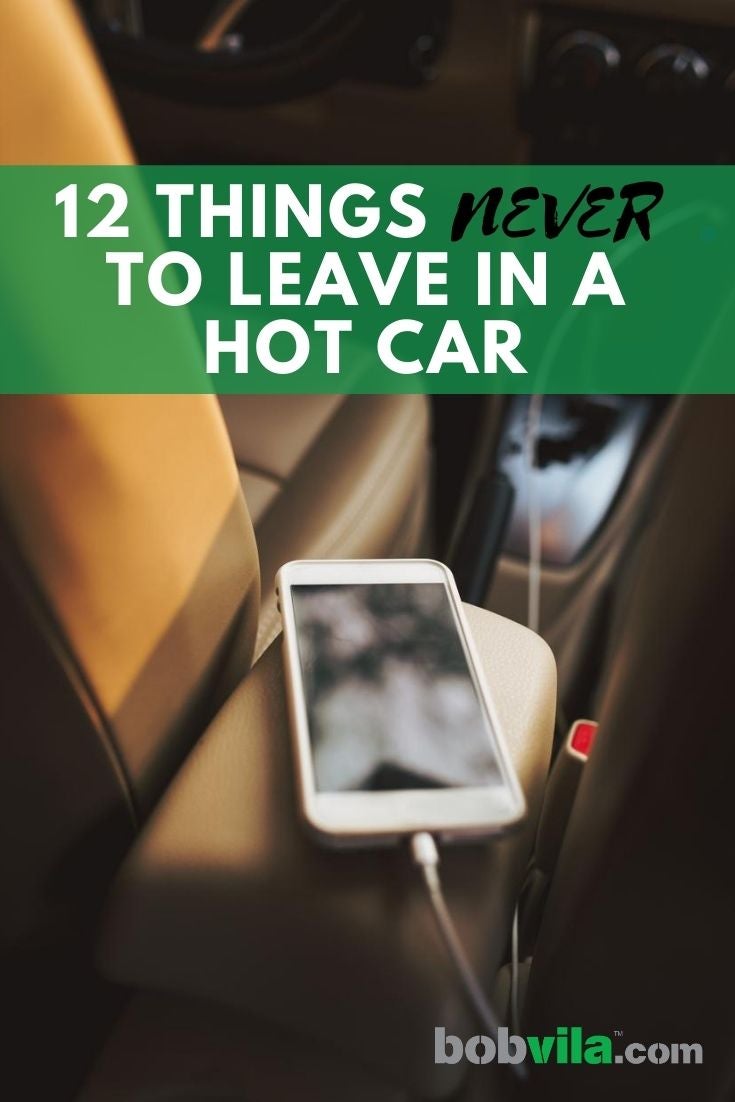
It’s best you take these belongings with you if you plan on leaving your car for awhile on a warm day.

Save Energy While Staying Cozy
Today’s energy-efficient space heaters warm individual rooms, so users needn’t heat unoccupied areas of the house. We tested the most popular space heaters on the market to find out which ones performed the best.
